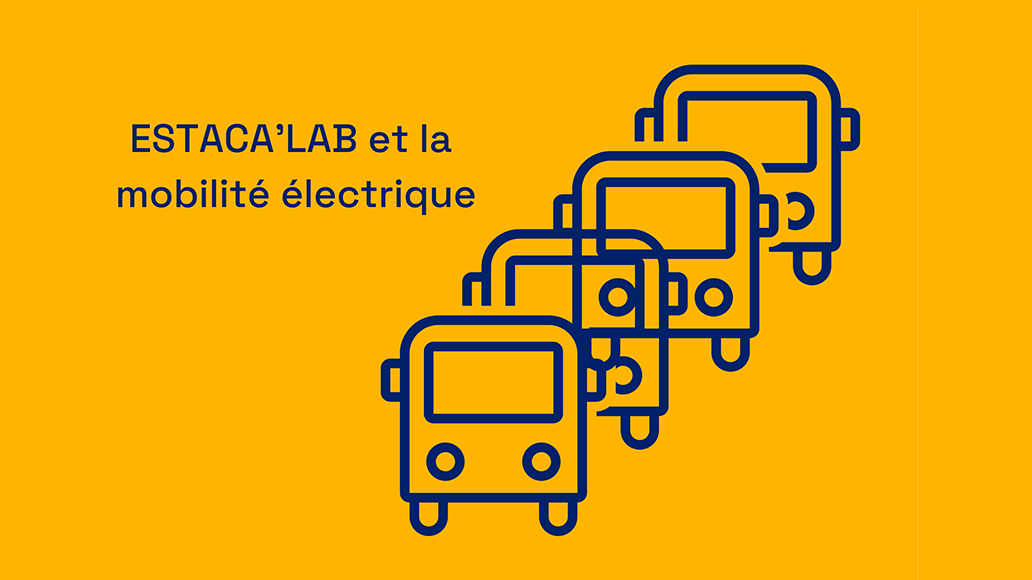Two new ESTACA’LAB electric mobility projects: car-sharing of unlicensed vehicles and increasing battery life

ESTACA’LAB is involved in two new research projects that have been selected for a government programme to support research and industrial development in the automotive industry (CORAM 2021). The DEMETER project is developing a car-sharing system for small electric vehicles that do not require a licence, and the MCP+ project aims to extend the life of batteries using heat exchanger modules based on Phase Change Materials (PCMs).
The French Ministry of the Economy has selected 8 projects in the call for expressions of interest “CORAM 2021” (Orientation Committee for Automobile and Mobility Research), a programme to support research and industrial development in the automobile and mobility sector, set up by Bpifrance and ADEME and financed by the French government as part of their investments in the future.
ESTACA is involved in two of the selected collaborative projects: DEMETER (Développement Et Mise à l’Epreuve d’un Transport Electrique Redistribuable – developing and testing of a redistributed electric transport) is developing a car-sharing system for small electric vehicles that are accessible without a permit; MCP+ (Matériaux à changement de phases pour la gestion thermique des véhicules électriques – phase change materials for heat management in electric vehicles) aims to extend the life of batteries and improve a vehicle’s interior, through the use of phase-change materials (PCMs) Both projects will take place over 36 months.
DEMETER, a car-sharing system to expand the range of local mobility services
The aim of the DEMETER project is to develop a car-sharing mobility system of “small electric vehicles accessible without a licence”. These compact, two-seater electric vehicles will fit together like shopping trolleys and can form a “road train” of up to ten nested vehicles. They can be used to offer a wider range of local mobility and better connect the outskirts of towns and cities to public transport. Operators will use predictive demand forecasting system to redispatch vehicles to where they are needed.
The goal is therefore to create optimised, well-dimensioned vehicles capable of communicating with each other, with linkable propulsion systems and with the best strategy for managing batteries for greater autonomy and optimum energy distribution (heating, air conditioning, lighting, etc.).
ESTACA, in partnership with E4V, is modelling and sizing the battery packs for these vehicles, defining the battery management strategies and the operating limits according to the manufacturer’s general strategy for each use case.
The partners in this project are: Metacar transport systems, JTEKT, Valeo, E4V, France Autopartage, UTAC.
MCP+ project: extend battery life and electric vehicle range
The MCP+ project consists of developing heat storage and management systems on an electric vehicle based on heat exchanger modules using Phase Change Materials (PCMs) to increase the life of the batteries and the range of electric vehicles.
Efficient thermal management of batteries is necessary to ensure better performance, longer range and optimal durability. Water-cooled systems are the most commonly used, but they are expensive in terms of energy consumption, investment and maintenance. The use of phase change materials (PCMs) to absorb the heat generated by batteries may be an alternative that is cheaper and easier to install.
The goal of the MCP+ project is to improve the thermal management of batteries and heat conditioning in the vehicle’s interior by using phase change materials (PCMs) in a new exchanger (chiller). ESTACA is modelling, calculating and dimensioning the new system in simulation.
The partners in this project are: Ariamis Engineering, Areelis Technologies, E4V, Mann Hummel, Université Paris Est Créteil, CERTES and ESTACA.













